As people age, their nutritional needs change, and maintaining a healthy diet becomes increasingly important.
Proper nutrition plays a vital role in supporting overall health, boosting immunity, and reducing the risk of chronic diseases in the elderly.
Some of the best foods that are not only delicious but also packed with essential nutrients to support healthy aging are:

Leafy green vegetables

Leafy greens such as spinach, kale, and collard greens are excellent sources of vitamins, minerals, and fibre. They provide essential nutrients like folate, vitamin K, calcium, and antioxidants.
According to the National Institute on Aging (NIA), leafy greens can promote heart health, support bone health, and help prevent Age-related Macular Degeneration (AMD). A study by a team of researchers indicate that consumption of green leafy vegetables is associated with a slower rate of cognitive decline in older adults, possibly due to the neuroprotective actions of specific nutrients. As research continues, the researchers suggest that adding a daily serving of green leafy vegetables to one’s diet may contribute to brain health.

Fatty fish: 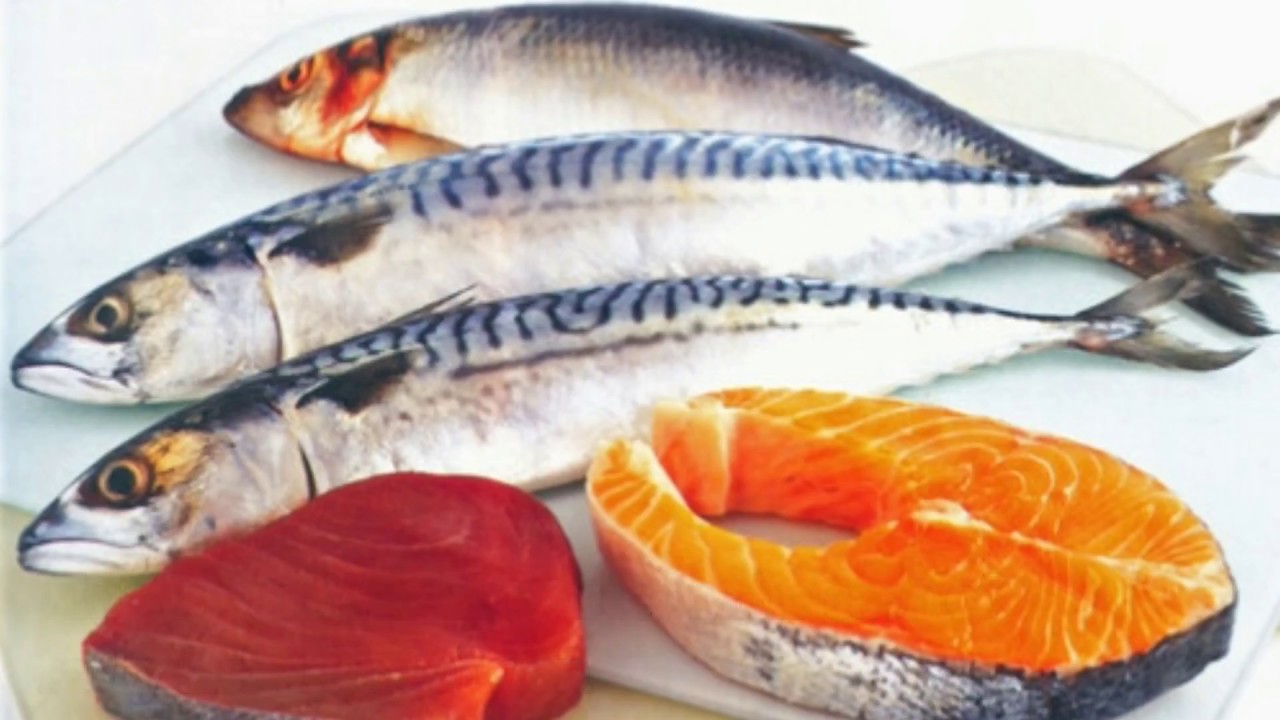 Fatty fish like salmon, mackerel, and sardines are rich in omega-3 fatty acids, which are beneficial for brain health and reducing inflammation. Omega-3s have been linked to a lower risk of dementia and can help support cognitive function in older adults. The American Heart Association recommends eating two servings of fish (particularly fatty fish) per week.
Fatty fish like salmon, mackerel, and sardines are rich in omega-3 fatty acids, which are beneficial for brain health and reducing inflammation. Omega-3s have been linked to a lower risk of dementia and can help support cognitive function in older adults. The American Heart Association recommends eating two servings of fish (particularly fatty fish) per week.

 Colorful berries: Berries such as blueberries, strawberries, and raspberries are packed with antioxidants, vitamins, and fibre.
Colorful berries: Berries such as blueberries, strawberries, and raspberries are packed with antioxidants, vitamins, and fibre.
They have anti-inflammatory properties and may help improve memory and cognitive function. Additionally, berries can support heart health and contribute to healthy aging.
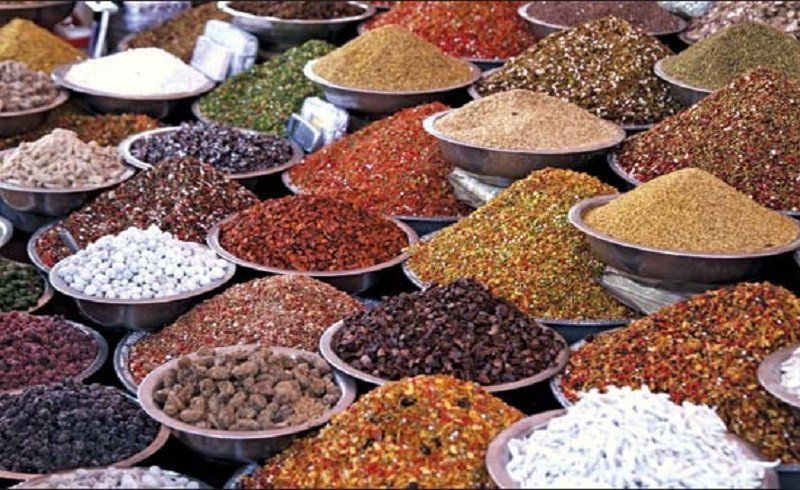
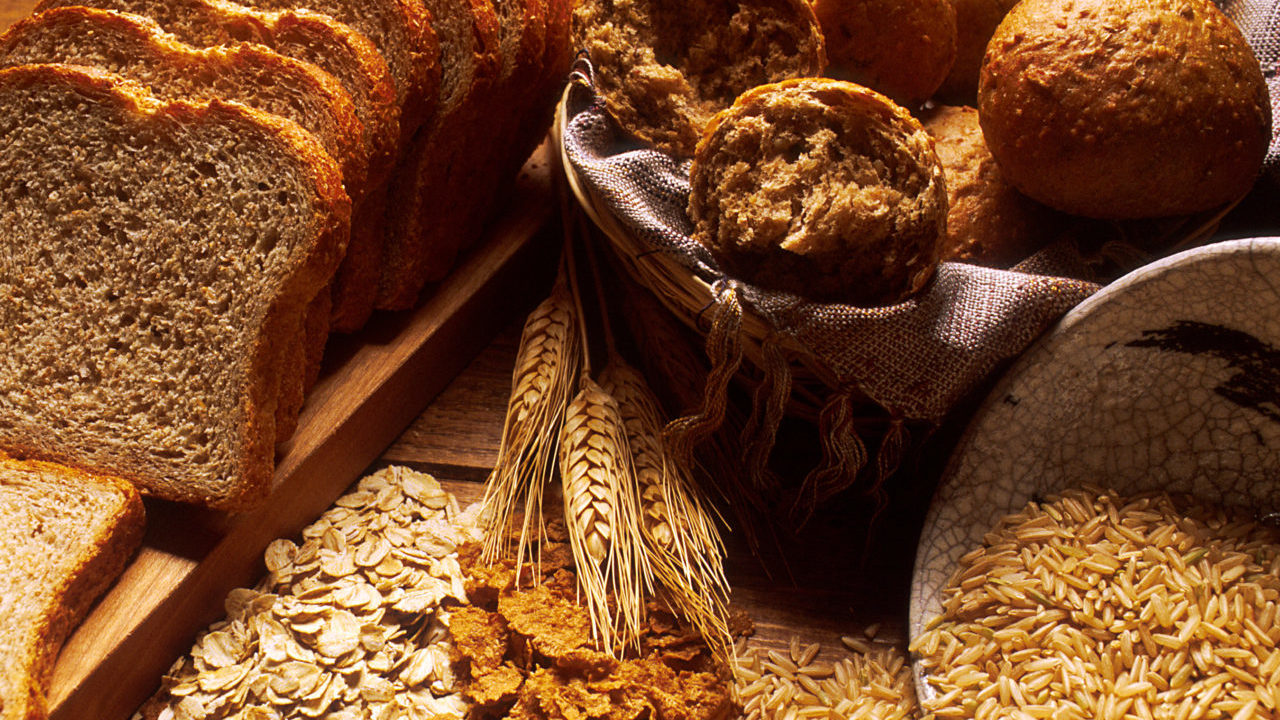
Whole grains: Whole grains like quinoa, brown rice, and whole wheat provide essential nutrients and dietary fibre. According to Mayo Clinic, they offer sustained energy and can help regulate blood sugar levels, reducing the risk of type 2 diabetes and promoting digestive health.

Greek yogurt: Greek yogurt is an excellent source of protein, calcium, and probiotics. Protein is crucial for maintaining muscle mass, which tends to decline with age. Probiotics support gut health and may improve digestion and nutrient absorption according to the Academy of Nutrition and Dietetics.
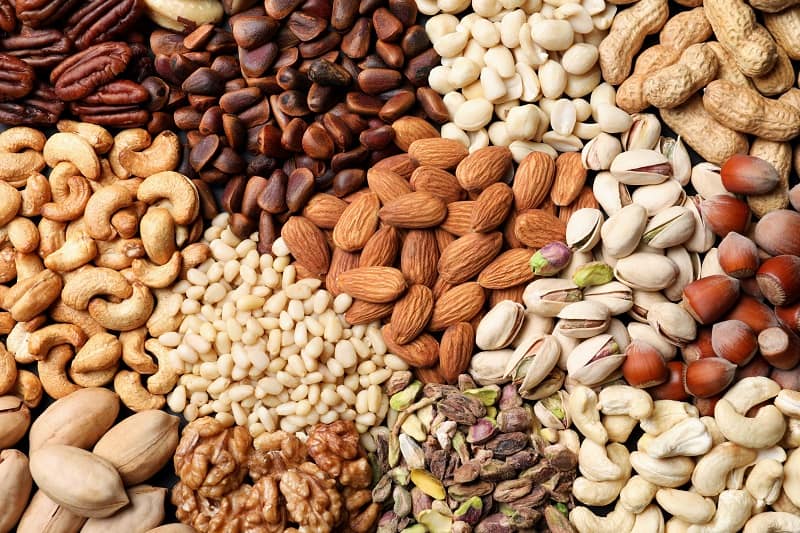
Nuts and seeds: Nuts and seeds, such as almonds, walnuts, chia seeds, and flaxseeds, are rich in healthy fats, fibre, vitamins, and minerals. Harvard T.H. Chan School of Public Health says they promote heart health, help manage weight, and provide essential nutrients for overall well-being.
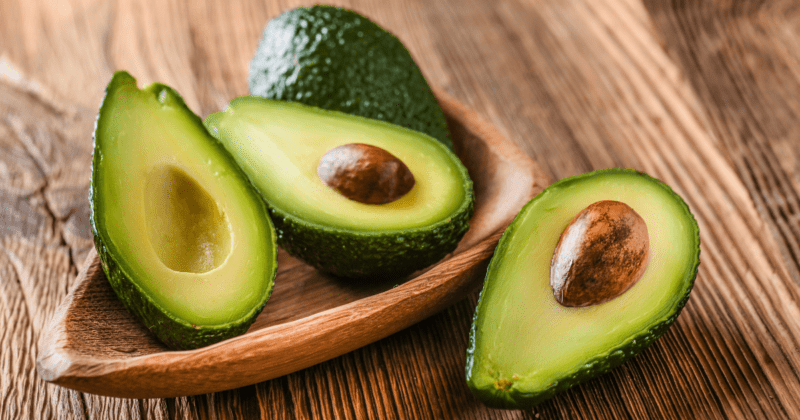
Avocados: Avocados are rich in heart-healthy monounsaturated fats, fibre, and various vitamins and minerals. A journal of the American Heart Association indicate that they can help lower cholesterol levels and reduce inflammation in the body.
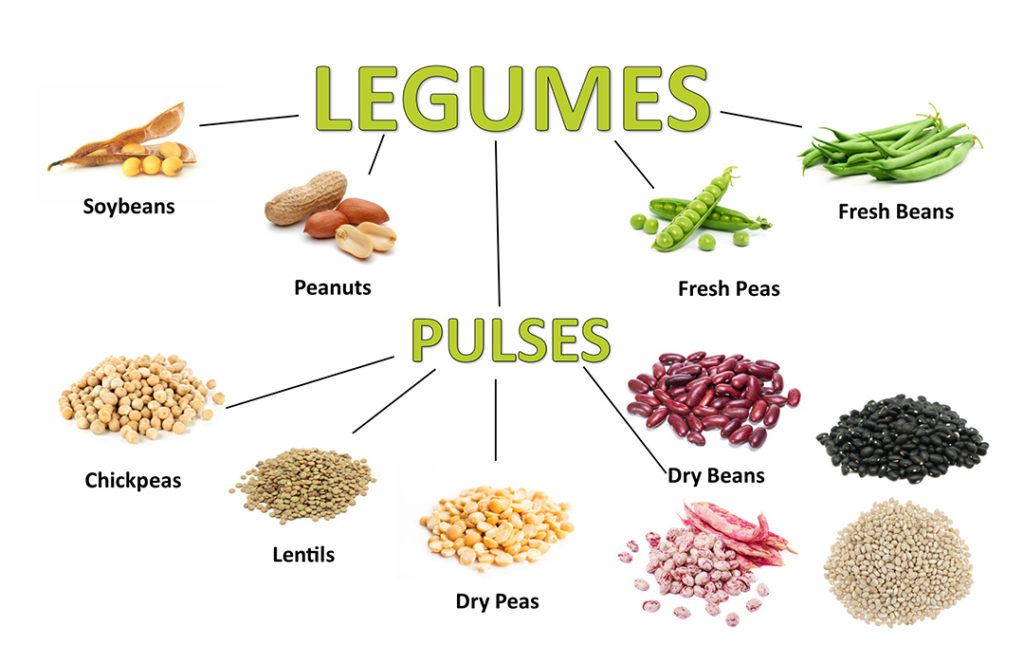
Beans and legumes: Beans and legumes such as lentils, chickpeas, and black beans are excellent sources of plant-based protein, fibre, and antioxidants. They contribute to heart health, promote regular bowel movements, and help manage blood sugar levels.

Colorful vegetables: Ensure to include a variety of colorful vegetables like carrots, bell peppers, tomatoes, and sweet potatoes in your diet. These vegetables according to National Institute of Health provide essential vitamins, minerals, and antioxidants that support overall health and immune function.

Olive oil: Olive oil is a healthy source of monounsaturated fats and antioxidants. Its consumption has been associated with a reduced risk of heart disease, inflammation, and cognitive decline.
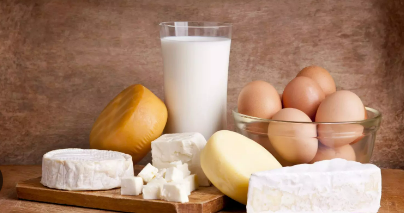
Low-fat dairy products: Low-fat dairy products like milk, yogurt, and cheese are rich in calcium, protein, and vitamin D. They contribute to strong bones, muscle function, and overall nutritional balance.
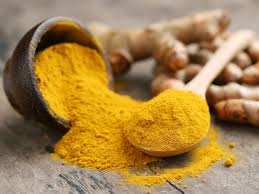

Turmeric: Turmeric contains a compound called curcumin, which has potent anti-inflammatory and antioxidant properties. It may help alleviate symptoms of arthritis, protect against chronic diseases, and support brain health.
Note that choosing the right foods is essential for promoting health and vitality in the elderly.
Remember, incorporating leafy green vegetables, fatty fish, colorful berries, whole grains, Greek yogurt, nuts, and seeds into the diet can provide a wide range of essential nutrients, support brain health, boost immunity, and reduce the risk of age-related diseases.
Also note that it is always a good idea to consult with a healthcare professional or a registered dietitian for personalized advice based on specific health condition.


